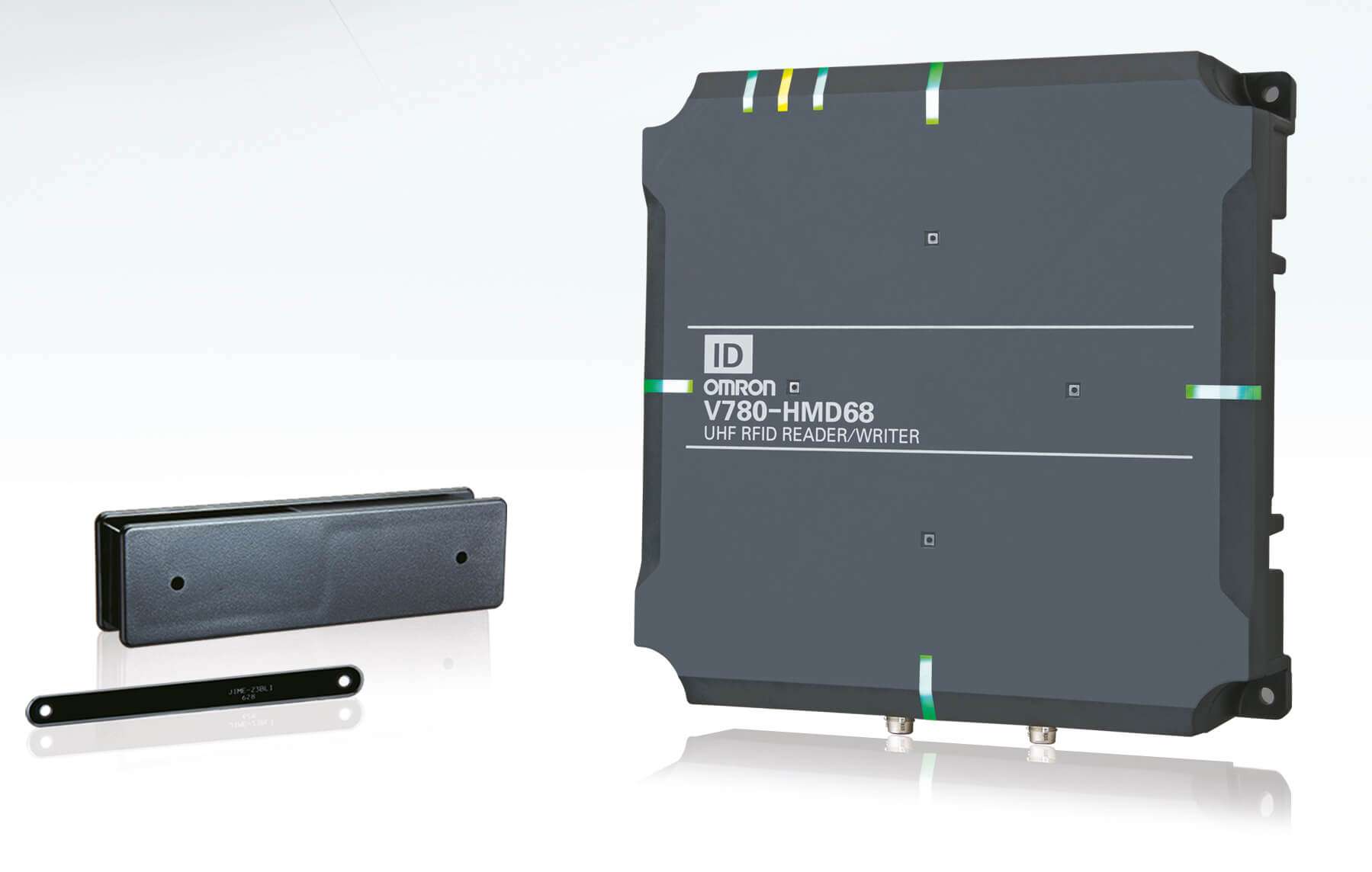
RFID Systems
RFID (Radio Frequency Identification) systems are transformative tools in industrial environments, offering efficient and contactless methods for tracking and managing assets, inventory, and processes. These systems use radio waves to automatically identify and capture data from RFID tags attached to objects, making them invaluable in industries such as manufacturing, logistics, and automation. For companies selling industrial sensors, offering RFID systems provides customers with advanced solutions for improving efficiency, traceability, and operational control.
An RFID system consists of three key components: RFID tags, readers, and antennas. RFID tags, embedded with a unique identifier, are attached to items that need to be tracked. The RFID reader emits a radio signal that powers the tag, which then transmits data back to the reader. Unlike traditional barcode systems, RFID does not require a direct line of sight, enabling faster and more reliable data capture. This allows RFID systems to track multiple items simultaneously, even in challenging environments like warehouses, production lines, or areas with high levels of dust or moisture.
The advantages of RFID systems extend beyond simple asset tracking. In industrial settings, RFID can be used for access control, monitoring production processes, managing inventory, and even enhancing quality control by ensuring that the right components are used at the correct stage of manufacturing. The real-time data provided by RFID systems helps businesses make informed decisions, improve workflow efficiency, and reduce operational errors.
In conclusion, RFID systems are a powerful addition to industrial sensor offerings, providing advanced solutions for tracking and managing operations. For companies specializing in industrial sensors, incorporating RFID technology helps customers achieve greater automation, visibility, and control over their processes. This leads to improved efficiency, reduced downtime, and enhanced overall productivity in industrial environments.
